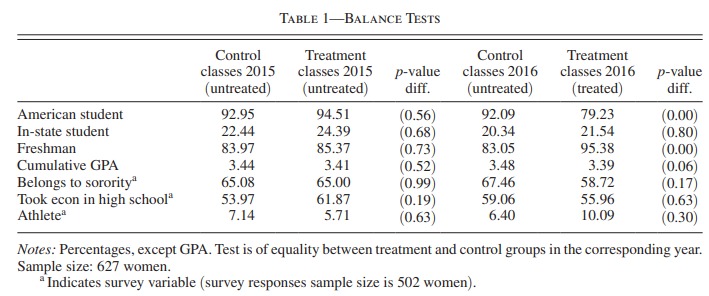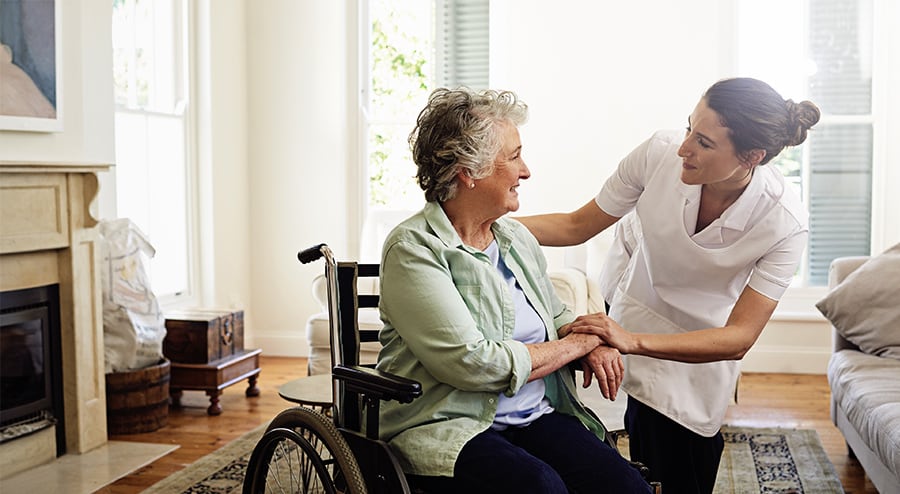
Whether they are professional or informal, caregivers of the elderly face physical and psychological stress due to their caregiving responsibilities. Assisting in the daily activities of daily life (IADL), monitoring an elderly person's health and grooming them, as well as transferring bedbound patients, are some of the responsibilities of caregiving. Caregivers can also experience financial difficulties and have difficulty managing their responsibilities. The burden of caring increases as an elderly person gets older and more dependent.
Traditionally, the primary caregivers for an aged person are their children. With an increasing number of people aging, the availability of family caregivers is decreasing. Many seniors find themselves without basic needs for an extended period of time. Seniors often turn to family and friends for support, as well as professional assistance, in order to maintain their health. It is essential that caregivers take good care of themselves.
The age of an individual caring for them increases, as does their dependency and the level of personal contact. Caregiver burden can also be reduced by obtaining respite services, and by enlisting the help of family and friends. Health technologies can also be used to reduce caregiver burden.

The caregiver's burden rises with the onset or inability of receiving professional support. It also increases with the number of hours the caregiver spends caring for the elderly person. A caregiver also reported experiencing emotional distress and depression. In addition to their emotional distress and depression, they also experienced physical pain and stress. They also stated difficulty sleeping, difficulty managing responsibilities and difficulties with friends and work.
Unver et al. conducted a study in Turkey to examine the sociodemographic characteristics and caretakers of the elderly. Nearly all caregivers were children or spouses of the elderly. According to them, caregivers of the elderly suffered from psychological and physical problems such as insomnia, anxiety, and depression.
Other studies have also looked at the mental health needs of family caregivers of the elderly. Krevers & Oberg reported that caregivers of the elderly had mental health problems, including depression, stress, and overall psychological strain. However, the details of their health needs were unclear due to the small size of the original study.
Krevers & Oberg also studied the mental health of caregivers for stroke victims. The study involved 89 caregivers that had been caring for the elderly for at most six months. It was done in the Famagusta Region of the TRNC. The study was a mixed method study, which used questionnaires to gather data. The Zarit Burden Interview (ZBI), was also used to collect data about the burden of caringgiving.

Caregivers who were not at home during home visits were excluded from the study. IBM SPSS Statistics version 20.0 was used to analyze the data. It included descriptive and descriptive tests, and the Kruskal–Wallis test. The results showed that caregivers had a moderate to severe burden. Those who suffered from rheumatic diseases or chronic renal failure had a higher burden.
FAQ
What happens if Medicare disappears?
The number of Americans without insurance will rise. Some employers will terminate employees from their benefits plans. Many seniors will also be paying more for prescription drugs and other services.
What is public health's health system?
The entire process of providing medical services to the population is called Health System. It includes service delivery, financing, regulation, research, education, training, and information systems.
What is the difference of public health and health policies?
Both terms refer to decisions made by policymakers and legislators to affect the delivery of health services. A decision to build or renovate a hospital could be taken locally, regionally, and nationally. Similarly, the decision about whether to require employers to offer health insurance may be made by local, regional or national officials.
What is my role in public health?
Participating in preventive efforts can help to protect your own health and that of others. Public health can be improved by reporting injuries and illnesses to health professionals, so that they can prevent further cases.
What are the services of health care?
Patients need to be aware that they have 24/7 access to high-quality healthcare. Whether you need an urgent appointment or a routine check-up, we're here to help.
We offer many different types of appointments, including walk-in clinics, same-day surgery, emergency department visits, and outpatient procedures. We offer home care visits to those who live far from our clinic. You don't have to come into our office if you don’t feel at ease. We'll make sure that you receive prompt care at the local hospital.
Our team includes dentists and doctors as well pharmacists and nurses. We aim to ensure that each visit is as convenient and painless as possible.
Statistics
- Price Increases, Aging Push Sector To 20 Percent Of Economy". (en.wikipedia.org)
- The healthcare sector is one of the largest and most complex in the U.S. economy, accounting for 18% of gross domestic product (GDP) in 2020.1 (investopedia.com)
- For the most part, that's true—over 80 percent of patients are over the age of 65. (rasmussen.edu)
- Consuming over 10 percent of [3] (en.wikipedia.org)
- Over the first twenty-five years of this transformation, government contributions to healthcare expenditures have dropped from 36% to 15%, with the burden of managing this decrease falling largely on patients. (en.wikipedia.org)
External Links
How To
How to find home care facilities
Home care facilities assist people who require help at home. This includes elderly people who do not want to leave their homes, disabled people who cannot move around independently, and those who suffer from chronic illnesses such as Alzheimer's disease. The services offered by these facilities include personal hygiene, meal preparation, laundry, cleaning, medication reminders, transportation, etc. These facilities often collaborate closely with social workers, rehabilitation specialists, and medical professionals.
Recommendations from family, friends, and local businesses or reviews online are the best ways to find a home-care service provider. Once you have identified one or more providers, you should ask about their qualifications as well as their experience. You should look for a provider that offers flexible hours so that they can accommodate your schedule. You can also ask if they offer 24-hour emergency service.
Ask your doctor or nurse to refer you. If you don't know where to start looking, try searching online for "home health care" or "nursing home". You can use websites like Yelp and Angie's List or HealthGrades to compare nursing homes.
For more information, you can also contact your local Area Agency on Aging or Visiting Nurse Service Association for further assistance. These organizations will have lists of agencies in your area that specialize in providing home care services.
A good agency for home care is vital as many agencies charge high prices. In fact, some agencies charge up to 100% of a patient's income! You can avoid this by choosing an agency that is highly rated by the Better Business Bureau. Ask for references of previous clients.
Some states require home-care agencies to register with their state's Department of Social Services. Check with your local government office to see what agency registration requirements apply to you.
When choosing a home-care agency, there are several things you should keep in mind:
-
Do not pay upfront for any services if you are being asked.
-
Look for a reputable and well-established business.
-
Get proof of insurance, especially if you're paying out of pocket.
-
Make sure that the state licenses the agency you hire.
-
Ask for a written contract detailing all costs involved in hiring the agency.
-
Confirm that the agency provides follow-up visits after discharge.
-
Ask for a listing of certifications and credentials.
-
Sign anything without first reading it.
-
You should carefully read any fine print.
-
Verify that the agency is insured and bonded.
-
Ask the agency how long they have been in business.
-
Verify that the State Department of Social Welfare has granted the agency a license.
-
Find out if the agency has received any complaints.
-
For information on home care agencies, contact your local government department.
-
You should ensure that the person answering the phone has the qualifications to answer your questions about homecare.
-
Talk to your accountant or attorney about the tax implications for home care.
-
Always get at least three bids for each home care agency you contact.
-
Choose the lowest bid, but do not settle for less than $30 per hour.
-
Remember that you may need to pay more than one visit to a home care agency daily.
-
Read everything before signing any contracts.